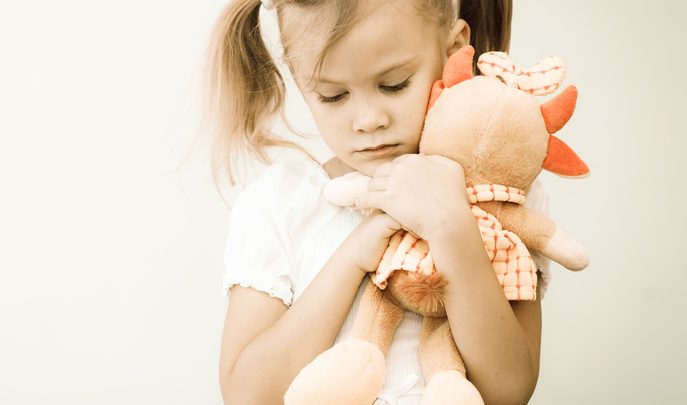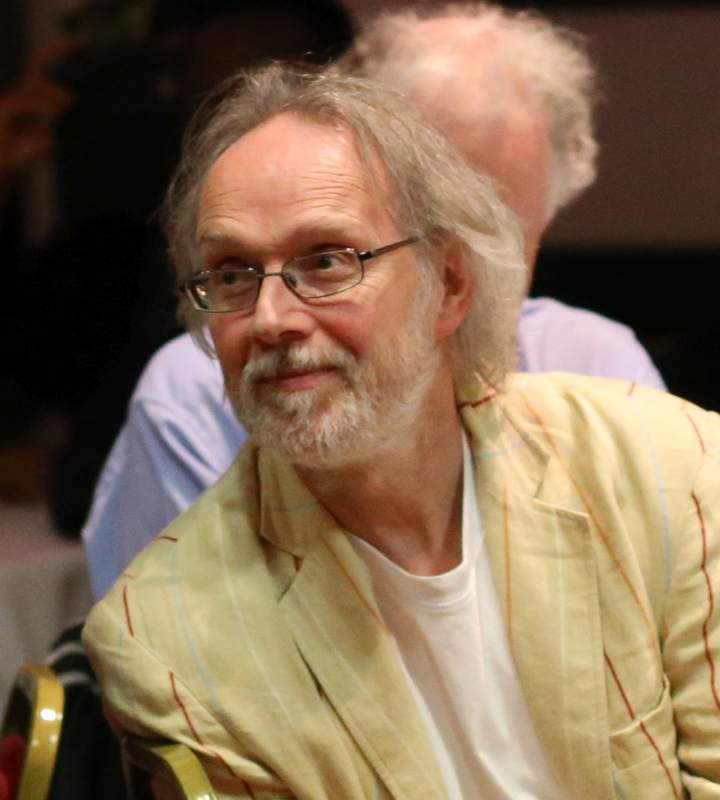10 Years Of Toxic Childhood

A decade ago we warned that children’s mental health had become unacceptably compromised – but it’s only getting worse, says Richard House…

Almost 10 years ago to the day as I’m writing this article, writer and fellow childhood campaigner Sue Palmer and I had an open press letter published under the provocative title ‘Modern life leads to depression among children’.
In that letter of September 2006, we expressed our grave concern at the ‘Escalating incidence of childhood depression and children’s behavioural and developmental conditions,” seeing the latter as stemming from “A lack of understanding, on the part of both politicians and the general public, of the realities and subtleties of child development”.
We continued: “In a fast-moving hyper-competitive culture, today’s children are expected to cope with an ever-earlier start to formal schoolwork and an overly academic test-driven primary curriculum. They are pushed by market forces to act and dress like mini-adults and exposed via the electronic media to material which would have been considered unsuitable for children even in the very recent past.”
And we went on to argue – most controversially, at the time – that “The mental health of an unacceptable number of children is being unnecessarily compromised, and that this is almost certainly a key factor in the rise of substance abuse, violence and self-harm amongst our young people.”
How much has changed?
Within hours, the letter had turned into a global news story of tsunamic proportions, with headline news reports appearing across the world’s media and Sue and I becoming somewhat improbable media celebrities for weeks to follow.
Within a few years, Sue and I were even being approached by school examination boards, asking for permission for the letter’s text to be included in GCSE and A-level examinations, such was the cultural impact of the letter, signed by over 100 of the most eminent educationalists and psychologists we could find. The idea for the letter had emerged from conversations we’d had around the publication earlier that year of Sue’s iconic book Toxic Childhood, with Sue having researched the phenomenon of ‘toxic childhood’ over several years and me bringing my Steiner background and a severe critique of technological ‘modernity’ to this meeting of critical minds. (Readers may well know that Sue’s book has been an international bestseller ever since, with a second updated edition having come out last year). I wish that I were merely reporting an historical events here – but unfortunately, not only has nothing much changed since 2006, but on many indicators of children’s mental heath and wellbeing, things are substantially worse than they were even then.
Substantial underestimation
We’ve since seen a litany of research studies reporting massive and burgeoning child mental health issues, with children as young as four or five routinely placed on psychotropic medication, violent attacks launched on teachers, and – scarcely believably – some early-childhood suicides. In 2006, our dire predictions were commonly dismissed as ‘scaremongering’ by some high-profile academics – and yet everything we said then has been proven to be correct. Tragically, if anything we substantially underestimated just how bad things were.
There’s also an important link to mental health here, and the ways in which children’s development is being inappropriately speeded up in deeply harmful ways – both by a commercially driven technological culture, and by anxiety-driven politicians more concerned about ‘The needs of the economy’ than the developmental needs of young children. Perhaps even more shockingly, the Sunday Telegraph this year carried a front-page report headlined ‘Modern life is killing our children.
Parents, teachers and policy-makers all need to start looking seriously at how we can protect our children from the worst anti-child excesses of technological modernity.
Richard House is an early years campaigner, a trained Steiner Kindergarten teacher and co-founder of Open EYE and Early Childhood Action








